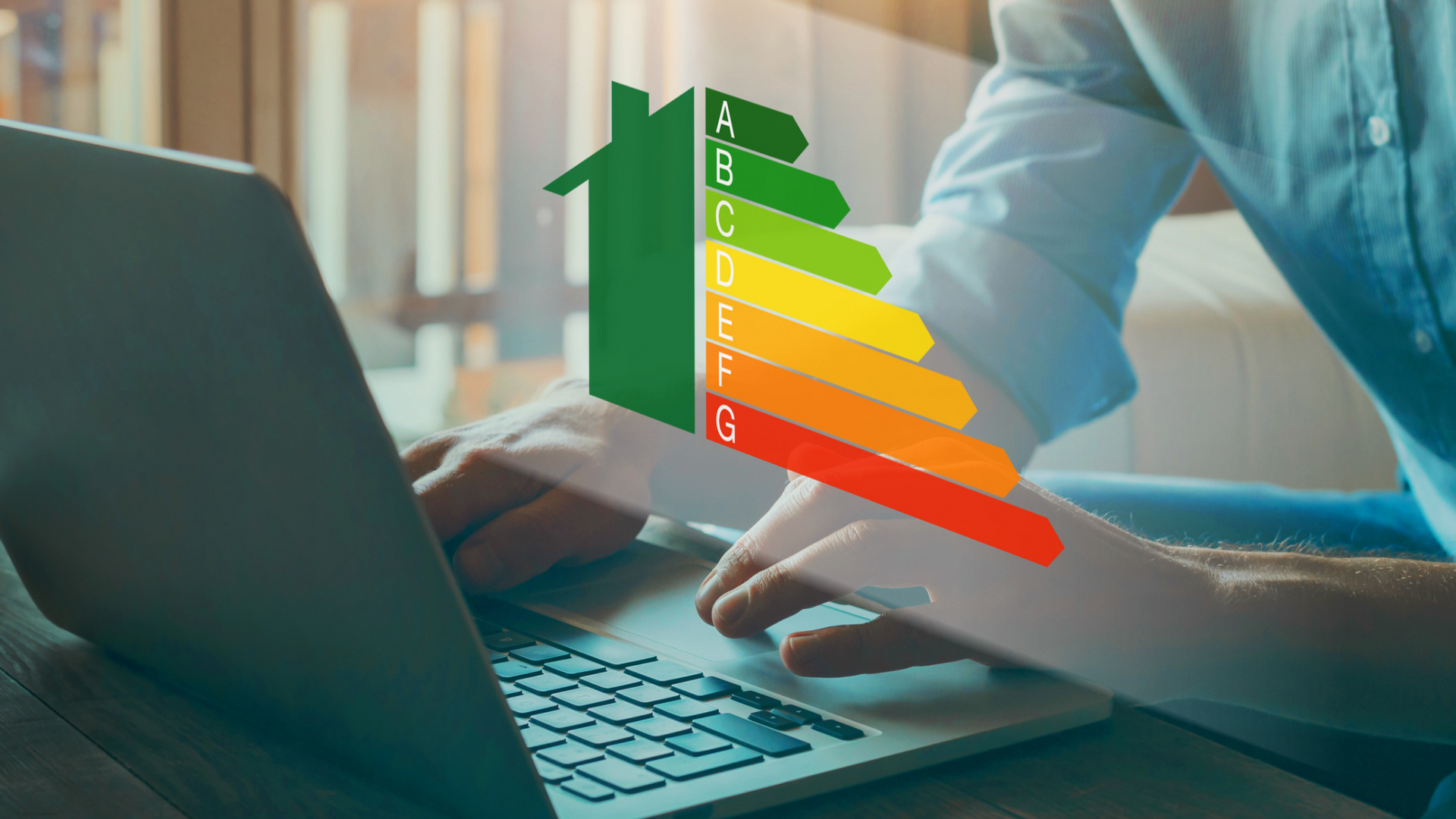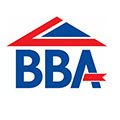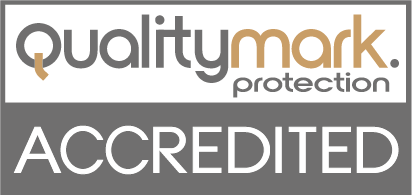Energy Company Obligation (ECO) Government Scheme: What Is It & Do You Qualify for Free Insulation?
The Energy Company Obligation (ECO) is a government scheme that offers grant funding to support energy-inefficient homes, which in turn aims to reduce fuel poverty and carbon emissions.
In this blog article, we’ll take you through all the details you need to know about the ECO funding scheme, what are the differences between ECO4, ECO+ and ECO4 Flex and do you qualify for free insulation grants.
ECO: A Brief Overview
ECO was developed for energy suppliers to financially support households across the UK with the aim of boosting the property’s energy efficiency and EPC rating. There are three sets of insulation grants available under the Energy Company Obligation: ECO4, ECO+ and ECO4 Flex. Each grant has its specific eligibility criteria but all of them offer the main types of energy-efficiency measures. These include loft insulation, cavity wall insulation, solid wall insulation and boiler replacement or repair.
Can I Get Free Insulation?
To qualify for the ECO insulation grants, you need to be the homeowner or have a signed document from your landlord granting you permission to apply. Eligibility criteria for each of the three grants vary and will depend on several factors.
Here are some of the factors that if you meet, you will most likely be eligible for the grant to insulate your home:
- If you receive the Warm Home Discount in the 'core' group, get eligible benefits and fit the income requirements
- Live in social housing that has an EPC rating of E or lower (check your energy performance certificate, ask your landlord or social housing association or get in touch with an approved installer to find out)
- You meet the criteria set by your Local Authority

These are only guidelines for the eligibility criteria, continue reading to find out about the specific criteria for each ECO government grant.
What is the difference between ECO4, ECO+ and ECO Flex?
All three government insulation grants have the same goal to help reduce carbon emissions and tackle fuel poverty, focusing the entire scheme to support low-income, vulnerable and fuel-poor households.
The differences between them come down to the application process, the measures offered under each government scheme and their individual eligibility criteria. Let’s start with the eligibility criteria for ECO4.
Are you eligible for ECO4?
ECO4 is available for properties with an EPC rating of E, F, or G and the occupants are on one of these benefits:
- Child Benefit*
- Pension Guarantee Credit
- Employment and Support Allowance (ESA)
- Income Support
- Child Tax Credits
- Working Tax Credits
- Universal Credit (UC)
- Pension Credit Savings Credit
- Housing Benefit
| *New Child Benefit Income Thresholds | ||||
|---|---|---|---|---|
| Type of Claimant | Number of Children or Qualifying Young Persons | |||
| 1 | 2 | 3 | 4 | |
| Single | £19,900 | £24,800 | £29,600 | £34,500 |
| Couple | £27,500 | £32,300 | £37,200 | £42,000 |
Are you eligible for ECO+?
The Low-Income Group:
- Same benefits list as ECO4
- EPC bands G-D. Properties in bands E, F or G will need to demonstrate that the ECO4 minimum requirements cannot be met before they can receive a single measure under ECO+
- If the household is owner-occupied, the customer can have Heating Controls (Room stat, programmer, TRVS only) as a secondary measure alongside a primary insulation measure
- Private rented sector households can receive any insulation measure
The General group
- Council tax bands A-D (in England, different for Wales & Scotland) + starting EPC bands G-D
- If private rented, can only receive a higher cost insulation measure (i.e. not Loft Insulation or Cavity Wall Insulation)
Are you eligible for ECO4 Flex?
If you live in a private home (rented or owned) with an EPC rating of D or below and have a combined household income of £31,000 or less, then you are likely to be eligible for this scheme.
If you don’t meet these eligibility criteria, you can still access the government funding if you are living in a private home with a low energy efficiency rating and:
- you or a member of your household has a medical condition that makes you more vulnerable to cold
- you are over 65 or a member of your family is under the age of 5 or over 65
- a member of your household is in receipt of Council Tax Support
- a member of your household is in receipt of free school meals, due to low income
- you have been referred to the scheme by the council or by Citizen's Advice after being identified as struggling to pay your utility bills
What measures are included in ECO4, ECO+ and ECO Flex?
Currently, the energy-efficiency measures included under ECO4 and ECO4 Flex are the same and they include:

The measures offered under the ECO+ scheme are the following:

Applying for ECO funding
The process of applying for ECO funding incorporates multiple steps that can involve your energy company, your local council and an accredited installer. To make the application process quicker and more efficient, we highly recommend contacting an approved installer directly to check if they can carry out the work required and apply for the specific government funding scheme on your behalf.
You can also
get in touch with our JUB team at
info@jub.org.uk with any enquiries you may have and we will do our best to guide you through the ECO funding scheme.


Why Silicone Render is the Best Choice for a Property’s Exterior: Benefits, Application & Aesthetics











